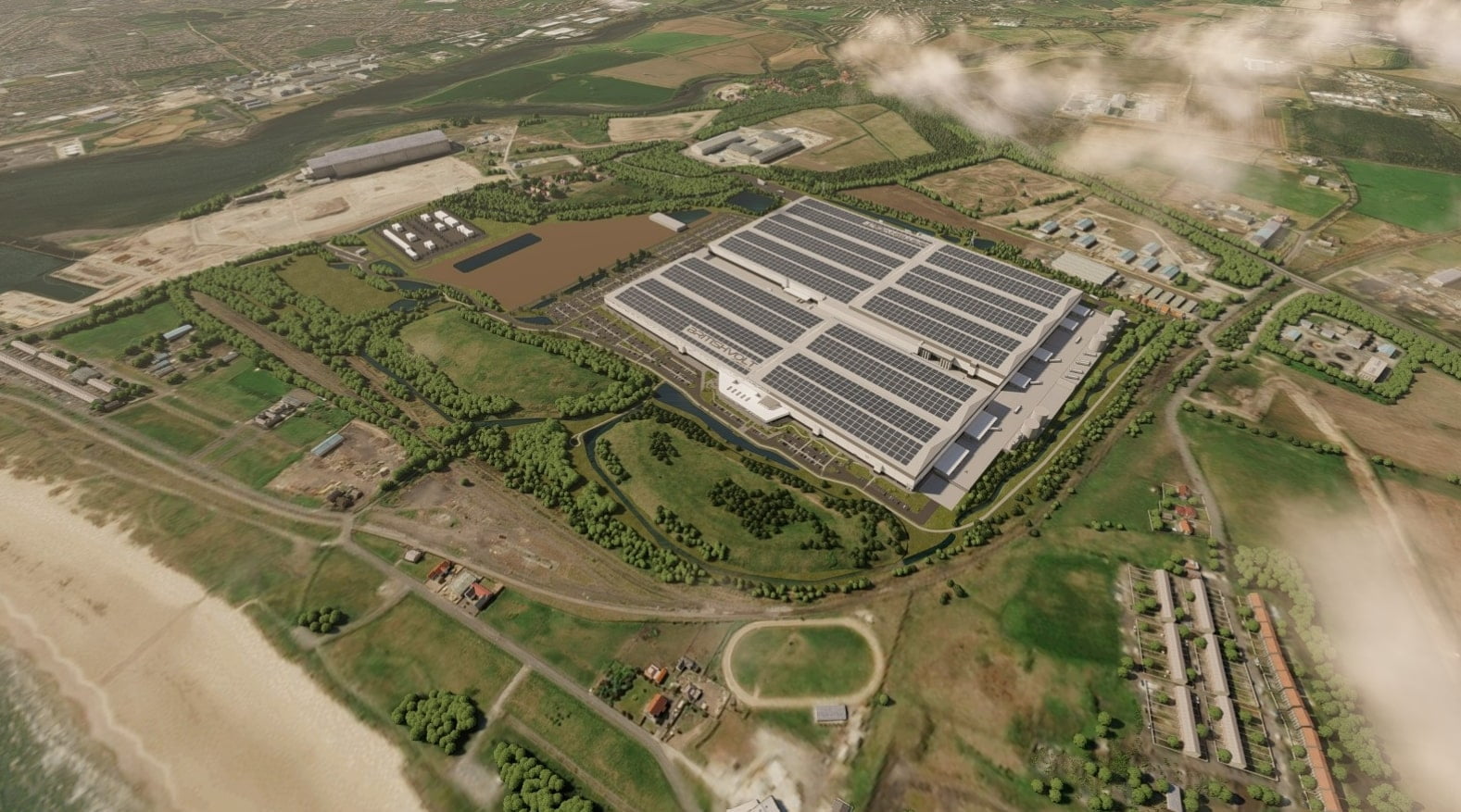
Receivers for one of the Britishvolt companies, Bob Maxwell and Julian Pitts of Begbies Traynor Group, told outlet the Guardian that Blackstone planned to turn the site into “one of the largest data centre facilities in western Europe”.
A blow to domestic battery production
Britishvolt emerged in 2019 with an ambitious plan to build a car battery gigafactory to rival the Chinese-owned AESC plant in Sunderland. Promising to generate as many as 3,000 jobs, Britishvolt won tens of millions of pounds of private investment but failed to secure the orders necessary for further funding.
In January 2022, then-Prime Minister Boris Johnson hailed the startup’s plans, and Britishvolt became a flagship of his levelling up policy. The government promised a £100 million subsidy to the company.
By August of the same year, the Guardian reported that construction of the 30GWh factory had been put on ‘life support’. Britishvolt collapsed into administration in January 2023, a year before the first batteries were due to be produced.
It was then acquired by Australia-based Recharge Industries, owned by investor Scale Facilitation, the following month. Scale’s CEO David Collard told BBC News at the time that the company would pivot the gigafactory to selling to producing batteries for the energy storage system (ESS) market, something McKinsey battery expert Dr. Nicolo Campagnol told Energy-Storage.news has upsides and disadvantages to it (Premium access).
Former Britishvolt employee and communications advisor Ben Kilbey said on Linkedin in reaction to the Blackstone news: “At the end of the day, after the farce of an administration and the complete car crash that was the potential purchaser – we should be glad that the land, which was starting to resemble an elephants graveyard, will be put to some use.”
See the original version of this article on our sister site Current.


